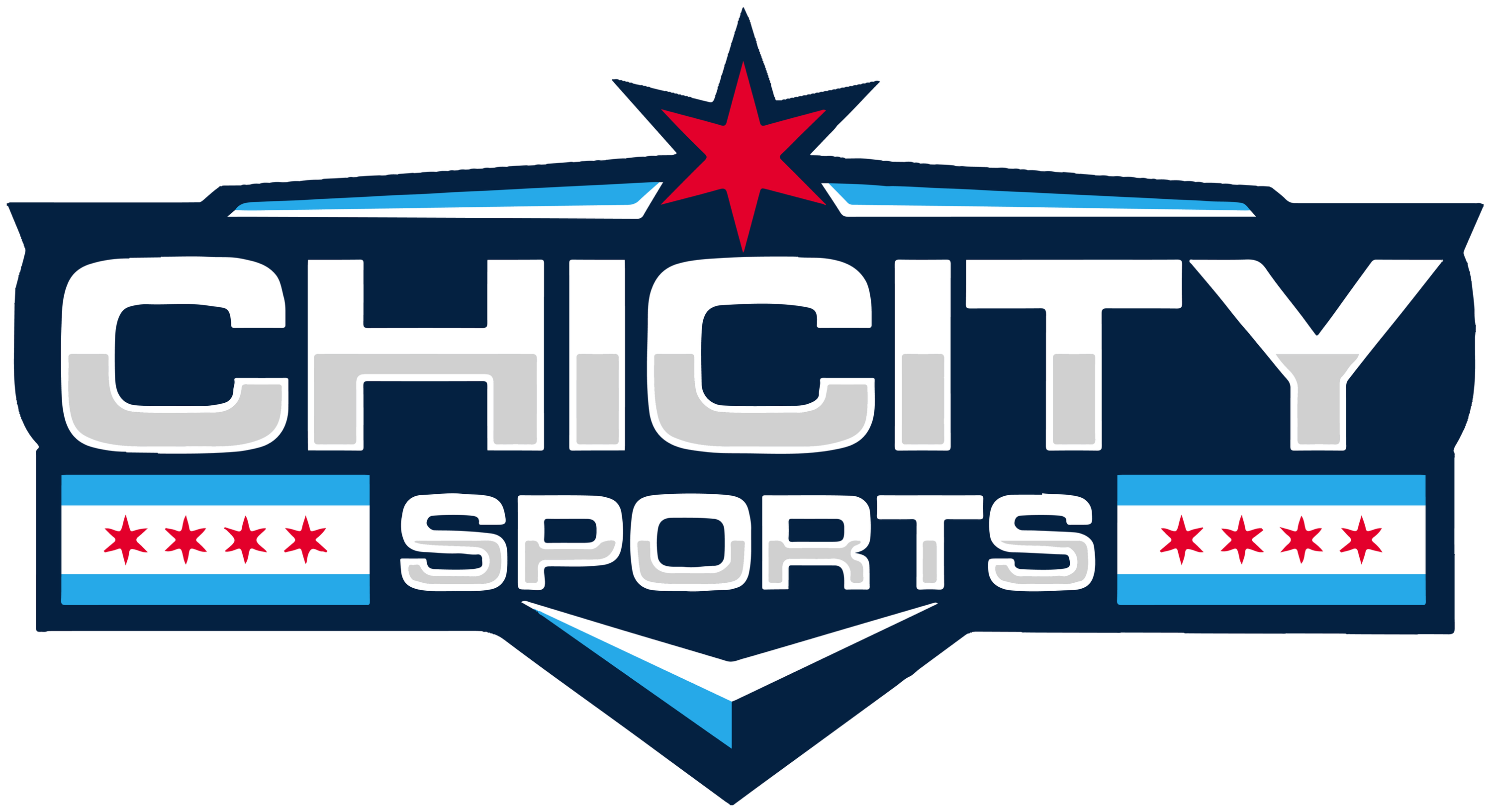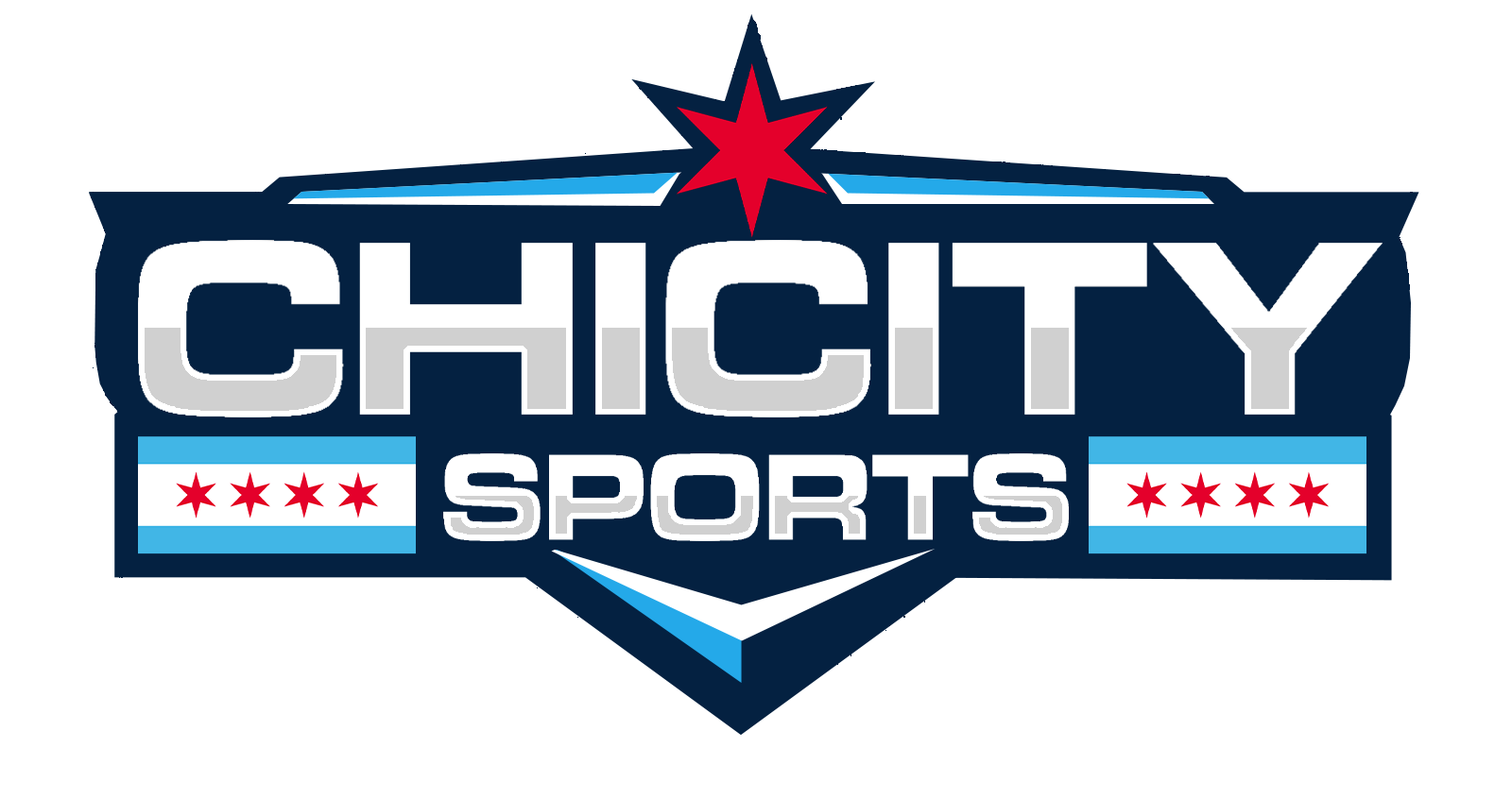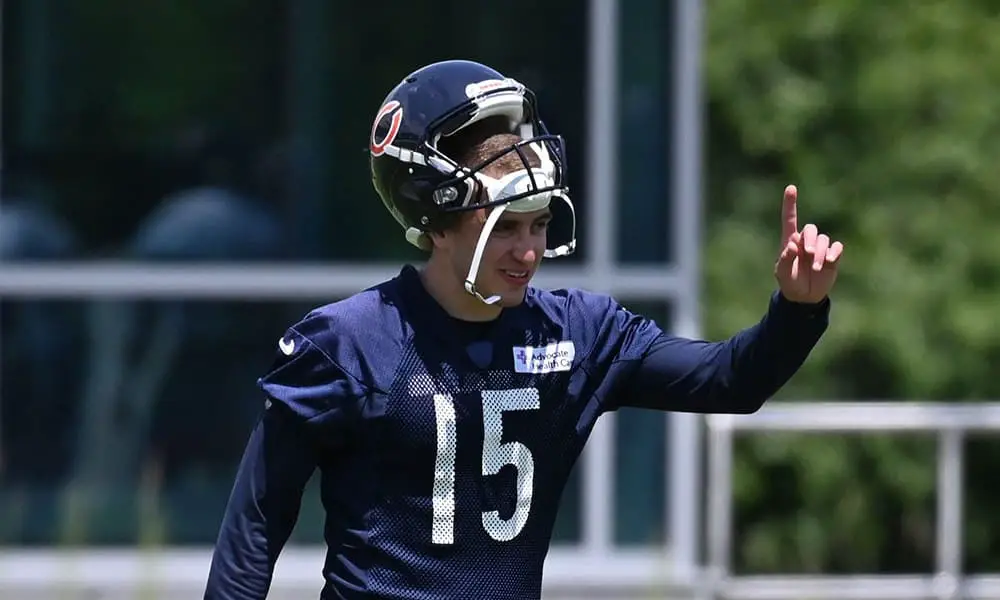Horse racing can be somewhat bewildering and complicated to the outsider looking in but at second glance, the rules are quite simple. From betting on horses to learning common phrases and horse racing terminology, getting a firm grasp of the ropes is easy enough – even for complete newbies.
In this beginners’ guide to horse racing, we will give some brief insight into how things work with emphasis on the betting system.
What Are the Main Types of Races?
Horse racing is categorised into two types, namely:
- Flat racing where there are no hurdles or fences for the horses to jump over and;
- Jump racing where there are obstacles for the horses to jump over. When fences are the hurdle, the horse race is referred to as a “Steeplechase”.
How Do Betting Odds Work?
Betting odds do two things, they tell you how likely an event is to happen and they will tell you how much money you will win if your bet goes through.
Like with most events, there are a certain number of outcomes. When it comes to formulating betting odds, bookies base their figures on how well a horse has done in previous races, who the trainer is, who the jockey is, and who will be competing against whom.
These odds are given two formats (depending on where you are in the world)
- Fractional odds are displayed in a 4/1 (four-to-one) format. So, for example, an odd with 9/1 means that for every £1 you bet, you will win £9 or with a one-to-one (1/1) odd, for every £1 you bet, you will win £1.
- Decimals are more common on exchanges and are usually displayed in a 5.00 format. To get an estimated calculation of your winnings, you simply multiply the decimal number by your stake.
An “F” will be jotted down next to the horse’s odds when they are favoured for having high winning potential. If a few horses replicate the odds of winning according to the bookies, then “JF”, meaning joint-favourite, will be noted.
What Is Each-Way Betting?
An each-way bet means you’re effectively making two separate bets. First, you bet on your winning horse and then you bet to “place” it. Most bookies pay out to the top three places and you will get a quarter of the odds back if your selected horse doesn’t win but still takes second or third place.
How Much Should One Bet on A Horse?
This is probably one of the most common questions that beginner bettors ask – it’s also one that troubles the most experienced professional. While overall staking is a personal thing, most seasoned race supporters prefer to remain consistent in their bets. As a rule of thumb, avoid putting bigger stakes on shorter odds – since a losing run can quickly eliminate all previous gains, experts also advise that you look at any possible daily Nap for todays racing before placing a bet.
On principle, you should take as many notes as you can. Keep your ears and eyes open and don’t be afraid to ask the experts endless questions. Once you have a good idea of how it all works, then you can place your first bet and enjoy the thrill of the sport.
For More Great Chicago Sports Content
Get the latest Chicago sports news, analysis, and breaking stories on the Bears, Bulls, Blackhawks, Cubs, White Sox, Sky, and more! Tap the star to add us to your favorites on Google News, so you never miss a story on your favorite Chicago teams.
Follow us on Twitter at @chicitysports23 for more great content. We appreciate you taking time to read our articles. To interact more with our community and keep up to date on the latest in Chicago sports news, JOIN OUR FREE FACEBOOK GROUP by CLICKING HERE




